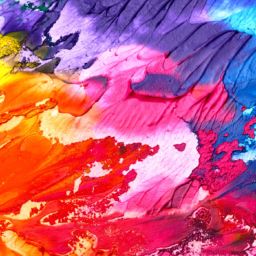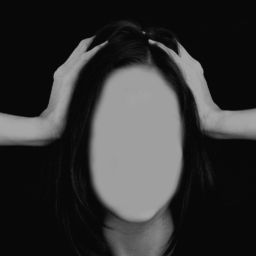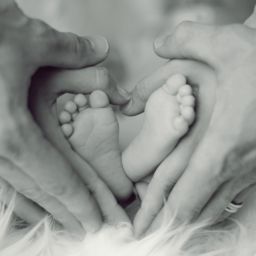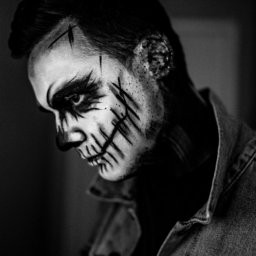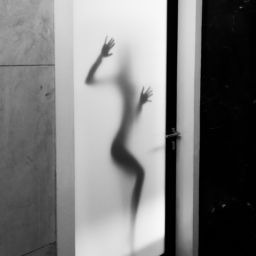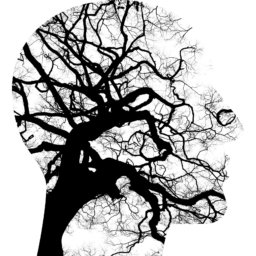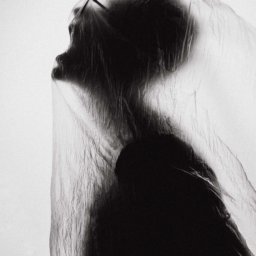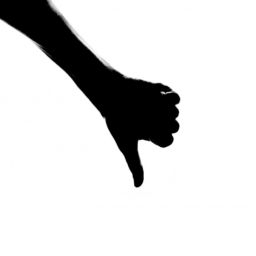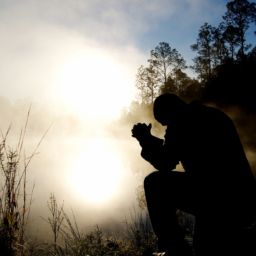Since beginning clinical medicine, I feel as if I have stepped into a different world. One filled with constant beeping, bright lights and rushing footsteps. This may be the image that crosses many peoples minds, but we often forget about the emotional side; seeing people at the line between life and death – a line that is gradually fading away. Faced with the diversity of human emotion, from fear to hope, love to loss. Being privy to events that make your heart twist and turn, looking through the mirror at your own life, at the luck that can smash through our bodies and wrench us from our feet.
Why is death such a taboo subject? Why is something that is so prevalent, something that is a part of everyone’s life, spoken about in hushes and whispers? Is it because of the medicalisation of daily life? Do we have unrealistic beliefs about immortality? Can we just stick a wire into every pore of our being, zapping ourselves with drugs and electricity so that we stay as pristine as a newly opened toy? Do we expect some sort of warranty? If ever we falter, medicine will always be there to break our fall. It will hammer together our bones, stick together our vessels and wrap up our falling limbs. News about the latest scientific breakthroughs constantly invade our television screens, creating a world of perfection inside our heads.
Is it because death is no longer in front of our eyes, that we can so easily ignore it? No longer are our streets scattered with the ill and dying. In our minds, we have created the fantasy that we will be young forever. Being elderly is almost seen as a sign of weakness – something to battle with our anti-wrinkle creams and botox injections – the war on ageing.
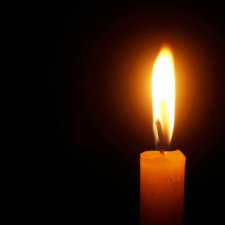
The fear of death has been with us for a long time. It is an understandable fear, something that we had previously conquered through myths and religion. These days our dreams of immortality now lie upon scientific discovery; by replacing every part of our body perhaps we can beat nature.
Death is not always a bad thing. It is not a monster under the bed, something to be fed through fear and denial. We must remember that death is a part of life; Terry Pratchett illustrated this beautifully in his Discworld series, in which Death is personified as an old friend. In the series, Death no longer wears the cloak of disease and pain, but is described as an “angel” and a “kindly death.”
Death is now just a word for most of us; we have become so used to sweeping illness under the carpet, brandishing our wand and making symptoms disappear, that death has little meaning beyond the skeletal Grim Reaper waving his scythe. Or if there is any meaning loaded in the word, it is of fear and apprehension.
If we continue down this path of ignoring the very word and pretending it doesn’t exist, where will we end? How far do we continue down the path of playing with nature’s game? How long do we continue to watch people deteriorate, their suffering prolonged – all to keep that heart pumping those few seconds longer? Being given the chance to live an extra year can be a gift, but we must be careful not to go too far and take away what makes a person human.
